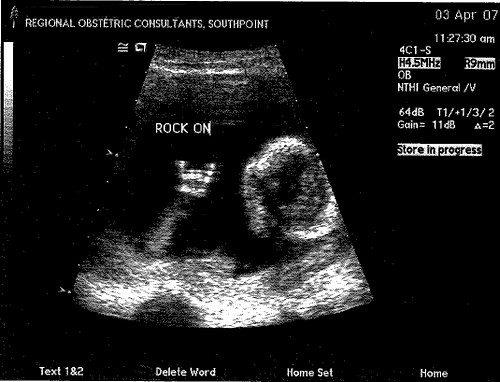The healthcare industry continues to rapidly evolve and advance in highly technical procedures and equipment. People who are seeking positions in technical fields may consider healthcare both interesting and rewarding. As the demands increase for positions in healthcare jobs, the need is not limited to traditional patient care roles. Professionals in the high technical area are vital to the promotion of quality patient care.
1. Health Information Management (HIM)
Health information technology (HIT) encompasses digital files of individualized patient information. HIM acquires, analyzes, and protects medical records essential to providing quality patient care. Digital databases are accessed by physicians, pharmacists, nurses and surgeons. People with a background in computer technology can move into HIM with little experience in the medical field. An understanding of the workflow in a hospital setting is vital to being successful in HIT. People with an aptitude for computer science, organizational management, and working with healthcare professionals should consider a career in HIM.
2. Biomedical Equipment Technician (BMET)
As hospital and surgical equipment become more sophisticated and high tech, specially trained individuals are needed to repair and maintain them. Biomedical technicians work in hospitals, biomedical facilities, research facilities and laboratories. Nursing and medical staff use biomedical equipment, such as surgical and orthotic robotics, CAT scanners, infusion devices and intensive care monitors, and need skilled technicians to ensure the safety of patients that require them. Typically, BMETs specialize in particular types of equipment, and may travel as a field service engineers. People with an aptitude in science, engineering, and are mechanically inclined are well suited for BMET careers.
3. Diagnostic Medical Sonographer (DMS)
Sonography applies the use of sound waves to scan the body tissues of patients and provide images for diagnostic imaging. The DMS moves a transducer over the patient and records the reflected echoes for diagnosis by the physician. DMSs choose appropriated settings and maintain the working order of their equipment. Sonographers need an advanced knowledge of anatomy and must possess certain spatial and visual qualities. DMSs calculate measurements, evaluate the quality of results, and provide physicians with important information for diagnosing disease in patients. People seeking a high-tech healthcare career with patient contact may find DMS an extraordinary opportunity.
4. Pharmacist
Although filling prescriptions is part of the job of the pharmacist, the education and interactions of medications is more descriptive of their role. Highly technical, the field requires a vast knowledge of medication composition, chemistry, and regulatory laws. Pharmacies use digital information extensively, and store highly confidential patient files on databases and electronic information. Although many work in hospitals and local pharmacies, some pharmacists acquire positions in laboratories and private pharmaceutical industry. For advanced positions, pharmacists work in research and manufacturing. People who are detailed oriented and possess advanced organizational skills tend to move towards a career in pharmacy.
The Healthcare Industry is Highly Technical
People seeking careers in a technical, engineering, or highly specialized area should consider the healthcare realm. Many positions are in high demand and are expected to continue to expand, despite the current state of the economy. Although some require 4 years degrees, some positions may build on technical skills people already possess, and some may acquire medical terminology through on-the-job-training.
About the Author
Carly Nicola is a nurse practitioner and guest author at Best Nursing Masters, where she contributed to the guid to the Top 10 Best Online Master's Programs in Nursing.


